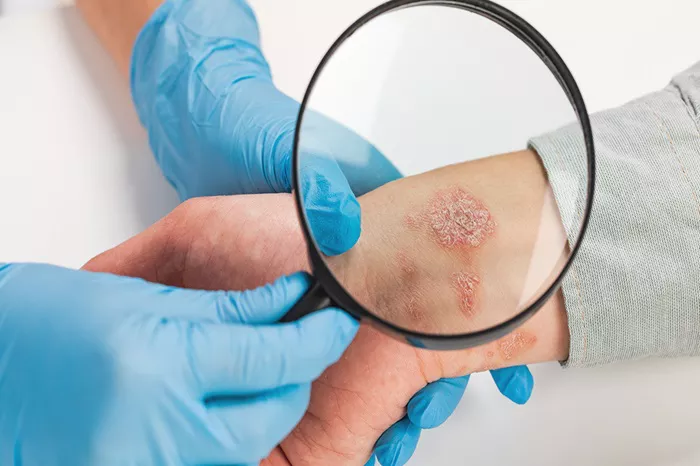Scientists at UCLA have discovered how squamous cell skin cancer evades treatment by leveraging fundamental metabolic mechanisms. Their study, published in Science Advances and led by Professor William Lowry, indicates that simultaneously targeting multiple metabolic pathways could enhance cancer treatment efficacy.
In previous research conducted in 2019, Lowry’s team found that when glucose is scarce, squamous cell cancer cells can adapt by utilizing glutamine for energy, challenging the notion that cancer primarily depends on glucose. The latest findings reveal that focusing on a single energy pathway is insufficient, as tumors can readily shift to alternative nutrients. Blocking glutamine, for instance, prompted tumors to exploit other energy sources.
Describing cancer cells as akin to “whack-a-mole,” researcher Galván explained that these cells quickly switch to different nutrients when one pathway is hindered. To address this, the team employed a “double hammer” strategy, obstructing both glucose and glutamine pathways, effectively halting cancer growth in mouse models.
Further investigation revealed that cancer cells adapt by relocating proteins to the cell surface, enabling them to utilize various nutrients without altering their genetic makeup. The research team is now focused on translating these genetic insights into drug treatments aimed at cancer’s metabolic processes, seeking the optimal drug combinations to inhibit both glucose and glutamine pathways.
Additionally, the researchers are considering a topical treatment, such as a gel or lotion, to directly target skin cancer, potentially offering a safer alternative to oral medications. This approach may also extend to other cancers with similar metabolic characteristics, including melanoma.
By studying the proteins and cellular processes that enable cancer cells to adapt to metabolic changes, the researchers aim to uncover new strategies to prevent these cells from shifting energy sources. The experimental drugs under investigation are not yet approved for human use.
Related topic:
How Can I Make My Skin Healthy?
Can a Laser Remove Skin Pigmentation?


